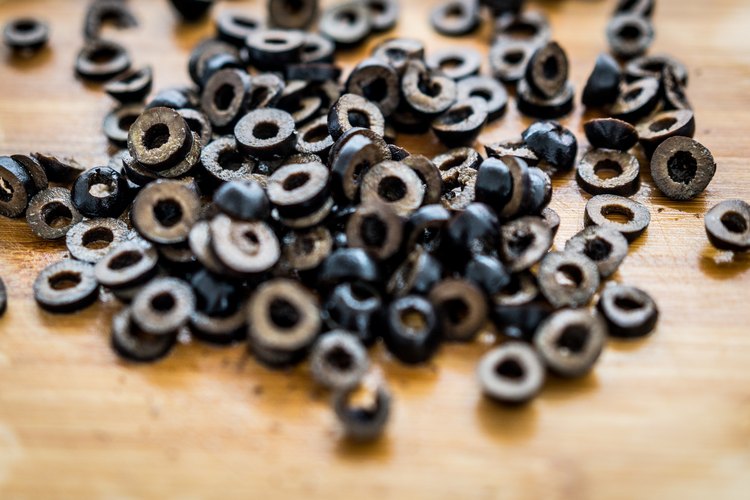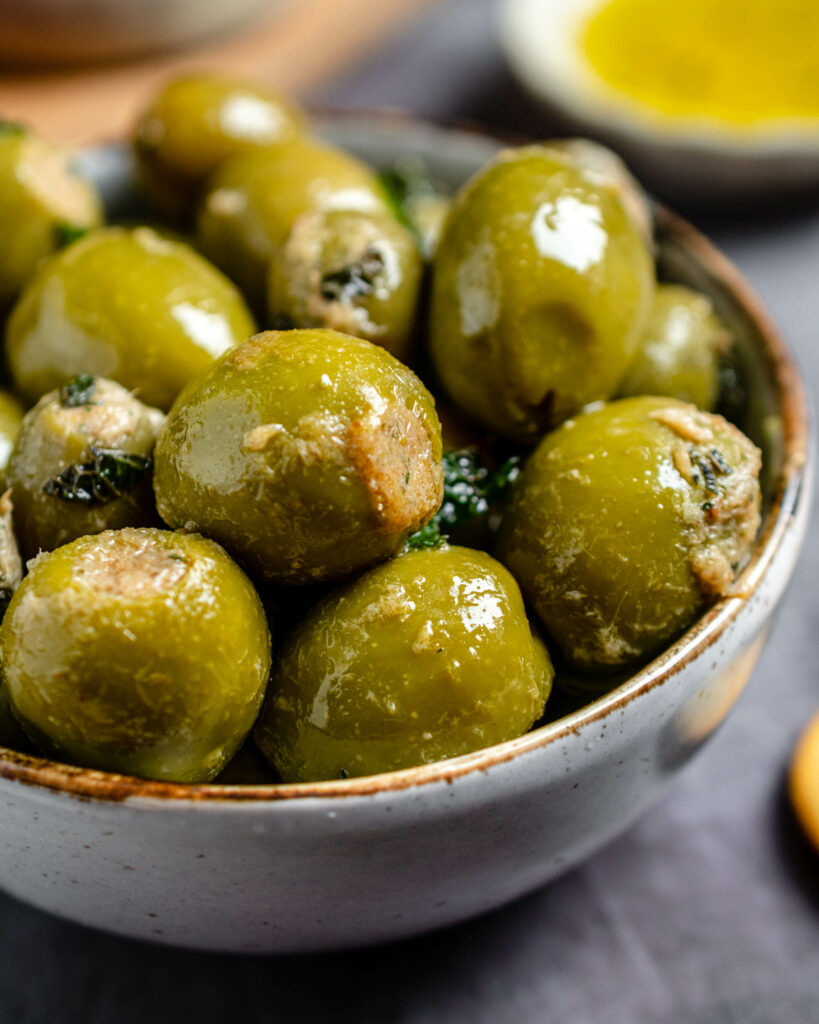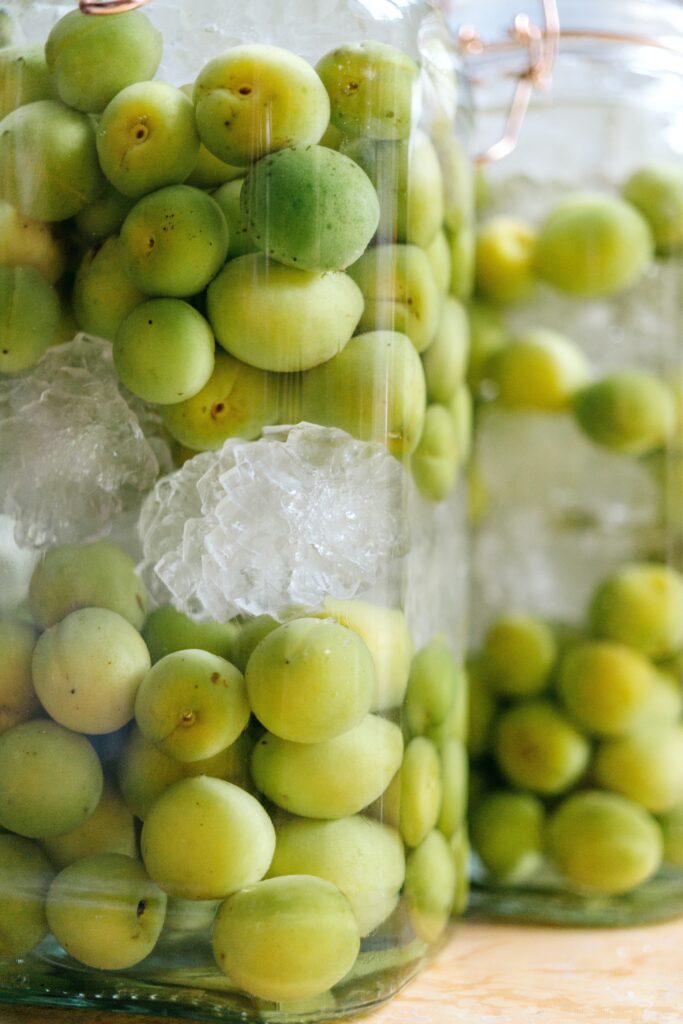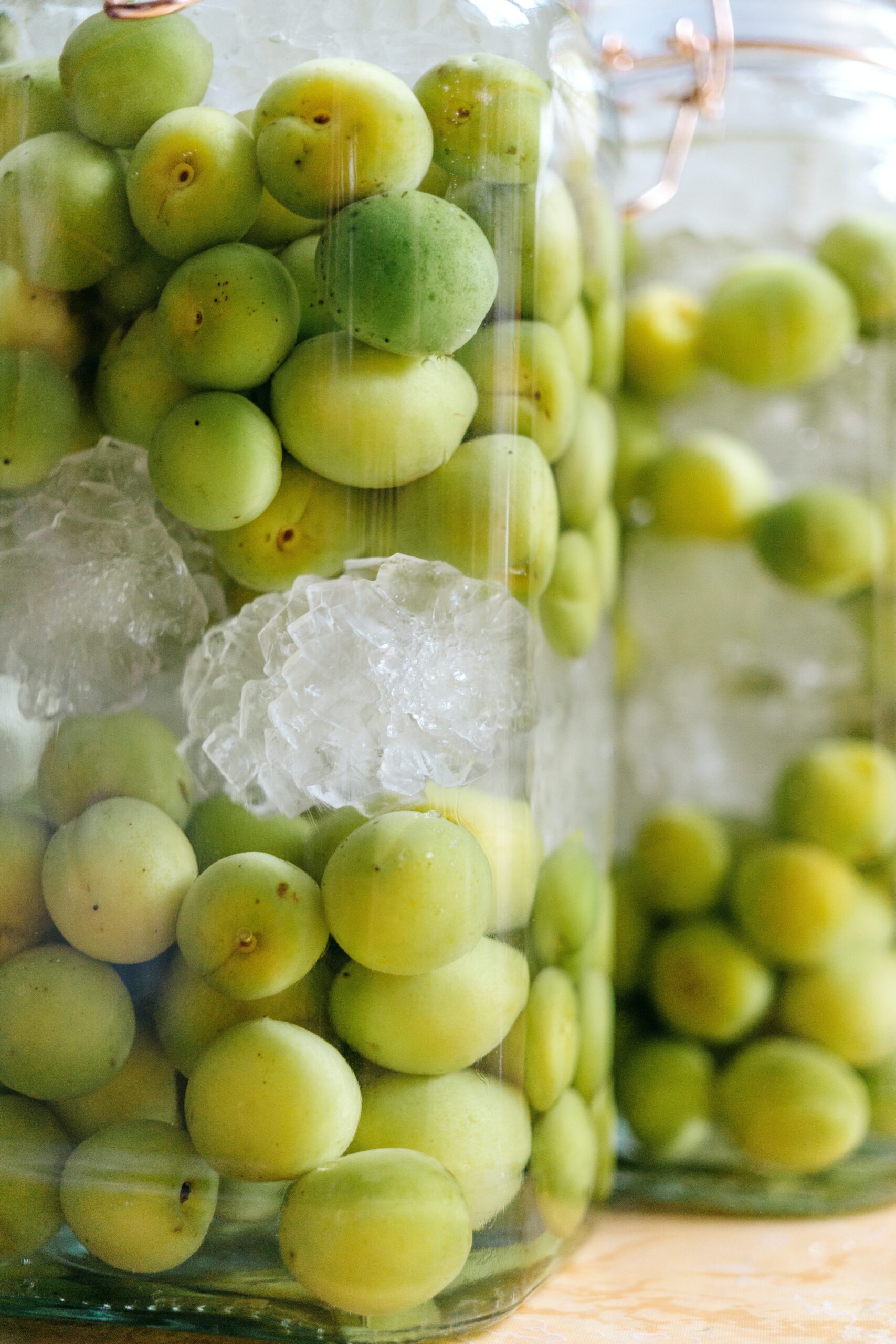Can You Freeze Olives: How to Freeze Different Types of Olives?

Olive, also known as Olea Europea falls in the category of fruits and is a part of several recipes from something as simple as a salad, a pasta to a pizza. Olives belong to the Fraxinus family similar to lilies and Jasmine. This article primarily discusses everything you should know to freeze olives.
So, this Mediterranean fruit is almost 7000 years old and there is nothing wrong in assuming that it is one of the most ancient fruits to date. Humans have been using olives for many years now and have known their amazing benefits of them for human health.
Olives find commercial uses in many industries like skincare, haircare, and the food industry. People use olives for both grooming and eating purposes. Olives have high amounts of vitamin E and antioxidants.
They serve many astonishing benefits to us but can you freeze olives? Yes—it is possible to freeze olives and here’s how you will be able to freeze olives for months without losing their original flavor.
Techniques to Freeze Olives
Know that we are sharing freezing tips that are suitable for all types of olives- black, green, or any other variety. Therefore, do not hesitate to try any method for any type of olive. These methods work equally fine with all varieties of olives.
1. Simple Freeze Olives
There’s nothing much going on in this method. Simply grab your olives (green, black, or nocellara) and give them a thorough wash. If your olives are market bought then wash them evenly to remove any sort of wax coating or dust particles.
Use a colander or a sieve strainer to wash olives under running water. You will need to either leave these olives in the strainer for some time to air dry or pat them dry separately using a paper towel. Suit yourself with any method of drying as per your choice.
Take clean airtight containers and wipe them with a clean paper napkin. Now, shift your clean olives into the container and leave some space for the expansion of olives. Shut the lid and add a label for the date of freezing.
And now they can be stored in the freezer and allow the olives to freeze. You will need to give a brisk shake to the container after half an hour so that the olives don’t stick to each other further. That’s it!
2. Tips to Freeze Olives in Brine
Freezing olives in the brine help to prevent losing their original texture in the long run. You can use store-bought brine or it will be best if you can prepare one at home! Making brine is easy if you know the exact measurements.
So, mark these measurements in your diary for future reference. To prepare a brine solution at home, dissolve 120 grams of salt in four liters of water. Adjust the amount of brine you’ll need accordingly.
After preparing the brine, move to the next step. In a pan, add olives and brine solution so that the olives are submerged in it. Turn on the flame and maintain it on a medium-high level for fifteen minutes.
After fifteen minutes, remove the olives from the brine solution and shift them to a bowl containing cold water. Wash the brined olives thoroughly and then pat them dry separately. Then, shift these olives into an airtight container and label the containers.
Lastly, shift the container to the freezer and you can use these olives for six months straight!
How to Freeze Different Types of Olives?
Now you might be wondering how to store marinated or cured olives. How to freeze olives in different forms? Maybe there’s a way to freeze sliced olives? Well, there’s a solution to all these questions. Keep reading to find out!
How to freeze fresh Olives?
Before talking about freezing fresh olives, let us discuss first things first! Make sure to wash them thoroughly by placing the fruit in a colander and let cool water run to remove any impurity. After rinsing, let them air dry. You have two options for drying them: let them air dry or use a paper towel.
You may freeze fresh olives in a freezer-safe container once they have dried. This might be a plastic freezer bag or a glass or plastic container that can be placed in the freezer and has an airtight top. Remove as much air as you can from a before sealing it and put it in the freezer.
In order to quickly identify the contents in the freezer and keep track of when to use the frozen fresh olives, label the container with the date of freezing and the name of the contents.
Can you freeze sliced olives? Can you freeze sliced black olives?

It is perfectly fine to freeze olives as a whole but freezing sliced olives is a tricky part as thawing or defrosting them carefully is said to be a difficult task. It’s time to find out if you can freeze sliced olives!
You can freeze the sliced versions of black and green olives as well. Either brine them or directly freeze them for later use in freezer-safe bags or containers. Simply, take clean airtight containers or bags and fill them with sliced olives. Do not stuff the container fully and leave some space for the olives to expand on freezing.
Can I freeze olives in oil?

Well, freezing cured olives or fresh ones in oil is definitely a bad idea as the oil doesn’t freeze well and there is no potential difference that it makes to increase the life of olives.
For storing cured olives, dip them in the brine solution and then store them in tight jars. Add virgin olive oil and dried mixed herbs to preserve the flavors of the cured olives and you are good to go.
Can you freeze marinated olives?

Marinating olives is all about the flavor and the magic that it makes by enhancing the taste when used in different recipes. But can you freeze marinated olives? Let’s find out!
Although they might lose that magic a bit after three months, you can still freeze marinated olives for six months. Thus, if you have marinated olives as leftovers then fill them in tight glass jars and freeze them for six months.
How to freeze stuffed Olives?

You can freeze stuffed olives, but you must take into account the contents of the stuffed olives. Some olives contain cheese inside, which makes freezing them a bad choice because the cheese might change the texture too much.
Freezing stuffed olives is possible unless your filling avoids cheese or mayonnaise. Other fillings like anchovies will perform better in the freezer. However, cheese and mayonnaise break apart at cold temperatures and will ultimately destroy your olives to the core. Therefore, you can freeze stuffed olives in airtight containers but avoid cheese-filled ones.
Things to Remember When Freezing Olives

Freezing olives is easy and following these tips will help you retain their original texture for a long time. Here are a few tips to help you with freezing olives:
- If you are planning on freezing olives for several months then skip the first method of freezing. Freezing brined olives helps to preserve olives for longer periods without worrying about their expiration.
- Frozen olives are best served when you directly pop them for cooking. However, if you want to eat them raw, you can do that. But, you can get more of their essence by cooking them first.
- As you will store olives in containers, there is a high chance that they will stick together. To avoid that from happening, it is better to flash freeze them or give them a shake before they begin to freeze.
Duration for which you should Freeze Olives

So, the next question in the series is how long should you freeze olives? Is the original quality and flavor of frozen olives altered? Does it matter how you store the olives in the freezer? Let’s get into every question one by one.
Firstly, if you are simply storing your olives in the fridge without any proper storage schemes, your olives will remain fresh for three days. However, if you follow the first method of freezing olives then you can retain their texture for around two weeks.
By following the brine solution method for freezing olives they can remain fresh for as long as a year. But, it is advisable to use brined olives within three to four months. After a particular time, the olives will start losing their flavor and there’s no point in keeping them frozen as they may lose flavor.
How to defrost olives?
Well, the first half of the struggle is knowing how to freeze your olives, but the second half is knowing how to defrost them correctly. And don’t you worry! We are here to tell you how frozen olives can be defrosted and used for a perfect recipe!
Olives could lose their flavor and texture if they are improperly defrosted, negating all of your efforts to preserve those qualities when you freeze them.
Olives only need to be taken out of the freezer and put in the refrigerator to properly defrost. They will be gradually defrosted as a result, and in a few hours or overnight, they ought to be completely thawed. The best approach to defrosting olives is to do so gradually so as to prevent too much temperature variation from ruining the texture.
The only thing you must remember when you freeze olives is that maintain proper conditions in the container. Do not overfill the containers and try to coat them with brine. Also, do not refreeze olives as it will badly affect their original texture.

